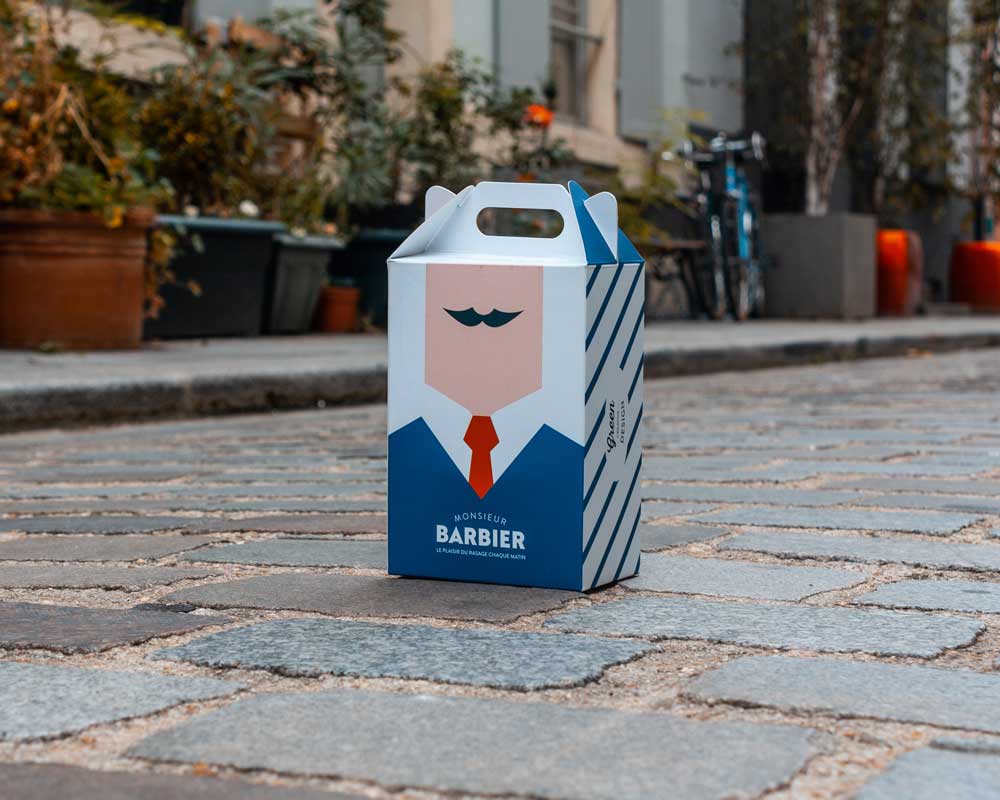The Rise of Disposable Wooden Knives A Sustainable Alternative
In recent years, the global push towards sustainability has become more pronounced, influencing various sectors, including the food service industry. One of the significant innovations that have emerged in this context is the disposable wooden knife. With increasing environmental awareness, consumers and businesses alike are seeking eco-friendly alternatives to traditional plastic utensils. This article explores the benefits, challenges, and future potential of disposable wooden knives in a world striving for sustainability.
Understanding Disposable Wooden Knives
Disposable wooden knives, made from birch or other types of hardwood, are designed to be used once and then discarded. Unlike their plastic counterparts, these wooden utensils are biodegradable, meaning they decompose naturally and do not contribute to long-lasting pollution. This characteristic aligns well with the growing trend of minimizing plastic waste and seeking sustainable materials.
The production process for wooden knives typically requires fewer chemicals than plastic manufacturing, making it a safer option for both the environment and human health. Additionally, many manufacturers of wooden utensils are now emphasizing ethical sourcing and responsible harvesting practices, ensuring that their products do not contribute to deforestation or habitat loss.
Benefits of Disposable Wooden Knives
1. Environmental Impact One of the most compelling reasons for adopting disposable wooden knives is their reduced environmental footprint. Research shows that wooden utensils break down naturally in a compost environment within a few months, whereas plastic can take hundreds of years to decompose. By choosing wooden over plastic, consumers can significantly reduce their impact on landfills and marine ecosystems.
2. Aesthetic Appeal The rustic charm of wooden utensils adds a touch of elegance to food presentations. This is particularly appealing for catering events, picnics, and outdoor gatherings where aesthetics can enhance the dining experience. The natural grain and texture of wood also resonate with the growing consumer preference for more organic and handcrafted products.
3. Versatility Disposable wooden knives are versatile and can be used for various types of food—from cutting soft fruits to handling barbecued meats. Their sturdiness makes them a practical choice for both casual and formal dining settings.
disposable wooden knife

4. Cost-Effectiveness While the initial cost of wooden utensils may be slightly higher than plastic, businesses can benefit from their durability and aesthetic appeal, potentially leading to increased customer satisfaction and loyalty. Moreover, the growing availability and popularity of wooden knives are helping to bring down prices as production scales.
Challenges to Adoption
Despite the evident advantages, the transition to disposable wooden knives is not without challenges. For one, wooden utensils can vary in quality. If poorly made, they may splinter or not hold up against certain foods, leading to consumer dissatisfaction. As with any product, it is essential for consumers to choose reliable brands that prioritize quality and safety.
Moreover, there is a current infrastructure that heavily favors plastic. Many food service operations are accustomed to plastic utensils due to their low cost and wide availability. Transitioning to wooden options may require a reevaluation of purchasing practices and supplier relationships, which can be disruptive in the short term.
The Future of Disposable Wooden Knives
Looking ahead, the future of disposable wooden knives appears promising. As more consumers and businesses embrace eco-friendly practices, the demand for sustainable products will likely continue to grow. Innovations in production and material sourcing could also enhance the quality and affordability of these utensils.
Educational initiatives around sustainability can further bolster the adoption of wooden knives, helping consumers understand the environmental impact of their choices. As awareness continues to spread, it is conceivable that disposable wooden knives will become a staple in outdoor events, restaurants, and food delivery services, thereby contributing to a more sustainable future.
In conclusion, disposable wooden knives represent an important step towards reducing plastic waste in our society. Their environmental benefits, aesthetic appeal, and versatility make them an attractive option for consumers and businesses committed to sustainability. While challenges remain, increased awareness and innovation in this space promise a bright future for eco-friendly dining alternatives. As we strive for a greener planet, small changes like opting for wooden utensils can collectively make a significant impact.



